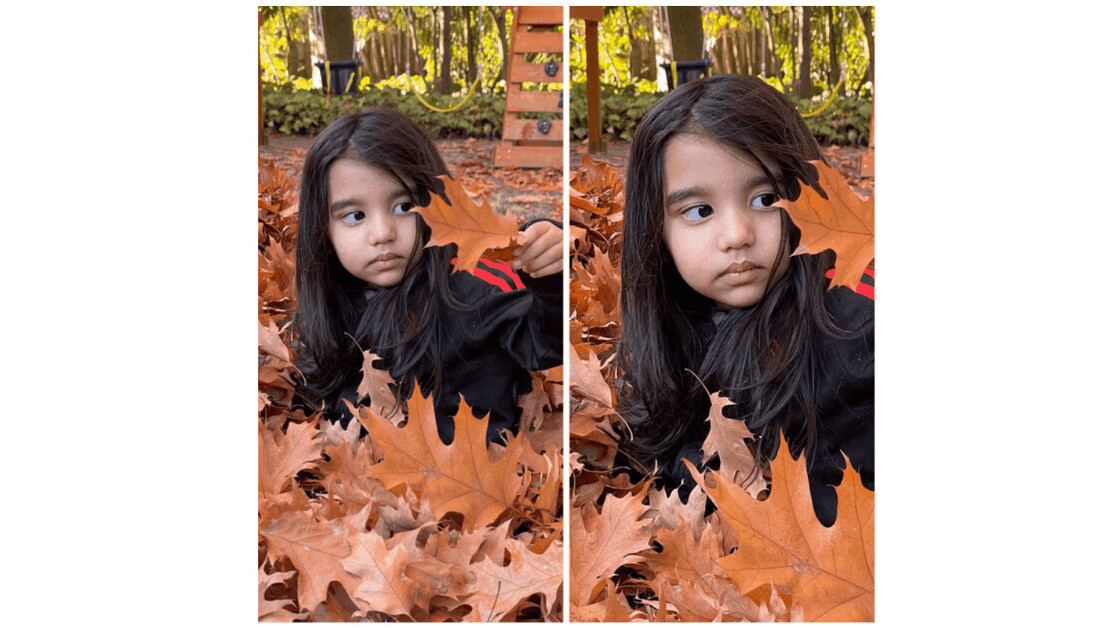
Google Photos is getting a new feature that gives your snaps a moving 3D makeover.
The “Cinematics photos” will be added to the service’s Memories collection of your old images and videos.
“Cinematic photos help you relive your memories in a way that feels more vivid and realistic — so you feel like you’re transported back to that moment,” Google Photos product manager Jamie Aspinall wrote in a Tuesday blog post.
The feature uses machine learning to predict an image’s depth and create a 3D representation of the scene. It then animates the picture to produce a panning effect.
[Read: Why AI is the future of home security]
Google Photos will automatically create the images when the feature is rolled out in the Android and iOs app over the next month. You can turn it on (or off, if the effect freaks you out) by tapping on your account profile photo and then going to Photos settings > Memories > Advanced > toggle on/off Cinematic photos.
You’ll then find it in your recent highlights at the top of your photo grid.
Memories is also getting new themes that surface photos of your favorite people and things by analyzing the images that you upload. But Cinematics photos is the more eye-catching new addition.
It adds to the array of AI-powered image editing tools that have recently been released, led by Photoshop’s Neural Filters workspace, which uses machine learning to generate entirely new pixels for your pics.
Critics worry that they’re ruining the art of photography, but they can clearly enhance the editing workflow and produce some spectacular results whether you’re a professional shutterbug or a laughable lensman like me.
Get the TNW newsletter
Get the most important tech news in your inbox each week.




